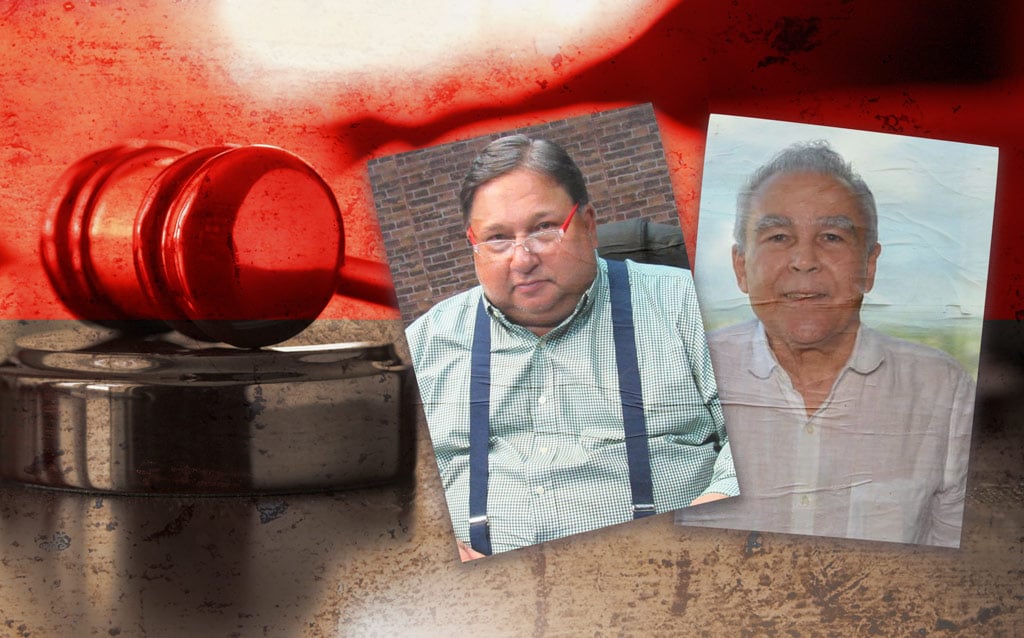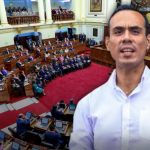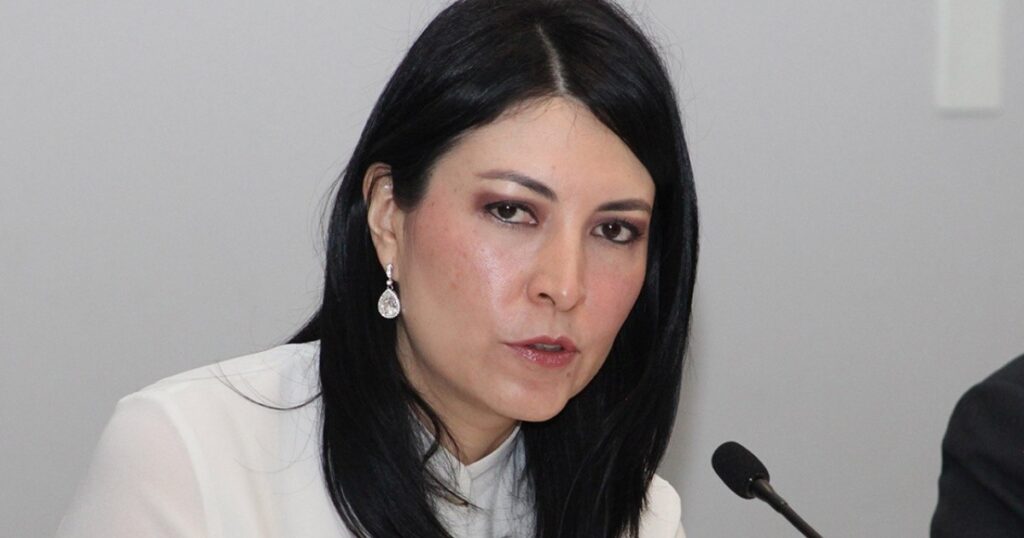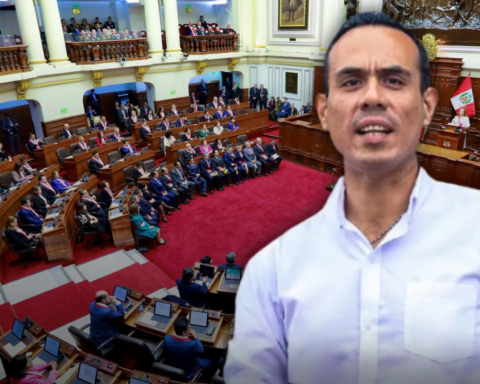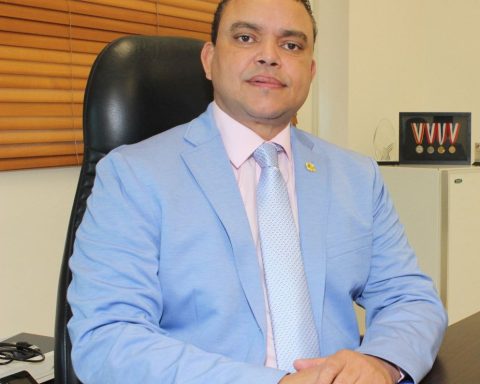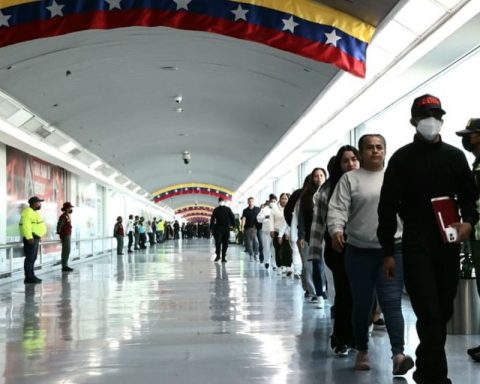The former presidential candidate, Noel Vidaurre, and the political commentator, Jaime Arellano, were sentenced to nine and thirteen years in prison, respectively, and disqualification from public office, by Ortega justice, in a hearing held this Monday, March 7 in the Directorate of Judicial Assistance (DAJ), El Chipote.
Arellano and Vidaurre were found guilty for the alleged crime of “conspiring to undermine national integrity”, on February 25 in a political trial, in charge of the judicial Ulisa Yahoska Tapia Silva, of the Thirteenth Court.
The key evidence presented by the Prosecutor against Vidaurre was three videos: the first, an interview with the international journalist Jaime Baily, in February 2020; the second, another interview with Arellano to address the context of the country and diplomatic relations between Nicaragua and Argentina; and the third date from 2017, with a Central American media outlet, in which the conservative politician presented his presidential aspirations for 2021, confirmed CONFIDENTIAL.
In the case of Arellano, they presented an interview where they identified the guest as a supposed high-ranking official of the United States Government, but when they asked the witness for his name, he did not answer.
Both political prisoners were witnesses at their trial, denied the alleged conspiracy, and pleaded not guilty. At the hearing, the Prosecutor’s Office presented six police witnesses.
under house for jail
Arellano and Vidaurre were arrested on Saturday July 24, 2021, after attending an interrogation before the Public Ministry. The National Police reported, that same day, that they were sentenced to house arrest and that they were supposedly being investigated under Law 1055 or the Sovereignty Law.
The defendants, along with former deputy María Fernanda Flores —sentenced to eight years in prison— and former presidential candidate, Cristiana Chamorro Barrios —whose trial began on March 3 and have not yet concluded—, have remained under house arrest for more than seven years. months, and little is known about the conditions of the confinement to which they have been subjected.
In an investigation carried out by CONFIDENTIAL, Sources familiar with house arrest explained that prisoners of conscience who are under this precautionary measure are subjected to total isolation.
“They don’t have cable service, they can’t watch television, nor the Internet, nor landlines or cell phones nor access to computers, in their house there is no electronic device that allows you to communicate abroad. They are completely isolated,” they reported.
At this key moment in Nicaragua’s history, access to reliable information is more important than ever. That’s why, at CONFIDENTIAL, we’ve kept our news coverage open and free for everyone, with no paywalls. This commitment to citizenship would not be possible without the support of our readers. Therefore, we invite you to support our work by joining our Membership Program or making a donation. By becoming a member, you will receive exclusive products such as eBooks, specialized newsletters and historical digital archives. As a donor, we will send you an annual report on how we spend your financial contribution. Thank you, in advance, for being part of this collective effort to inform our entire community.
